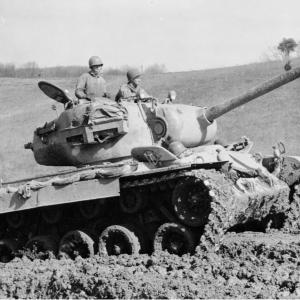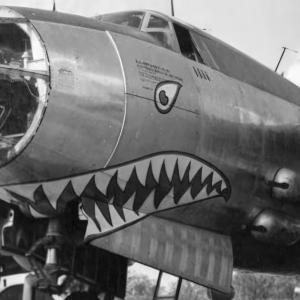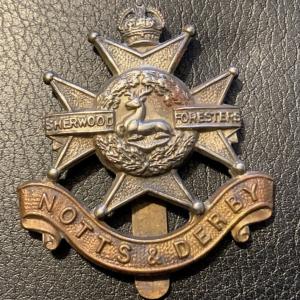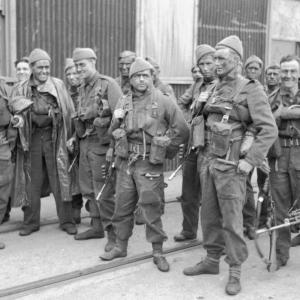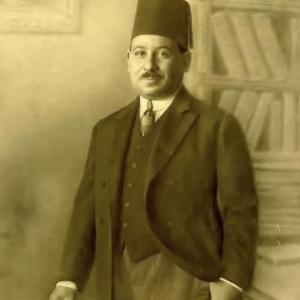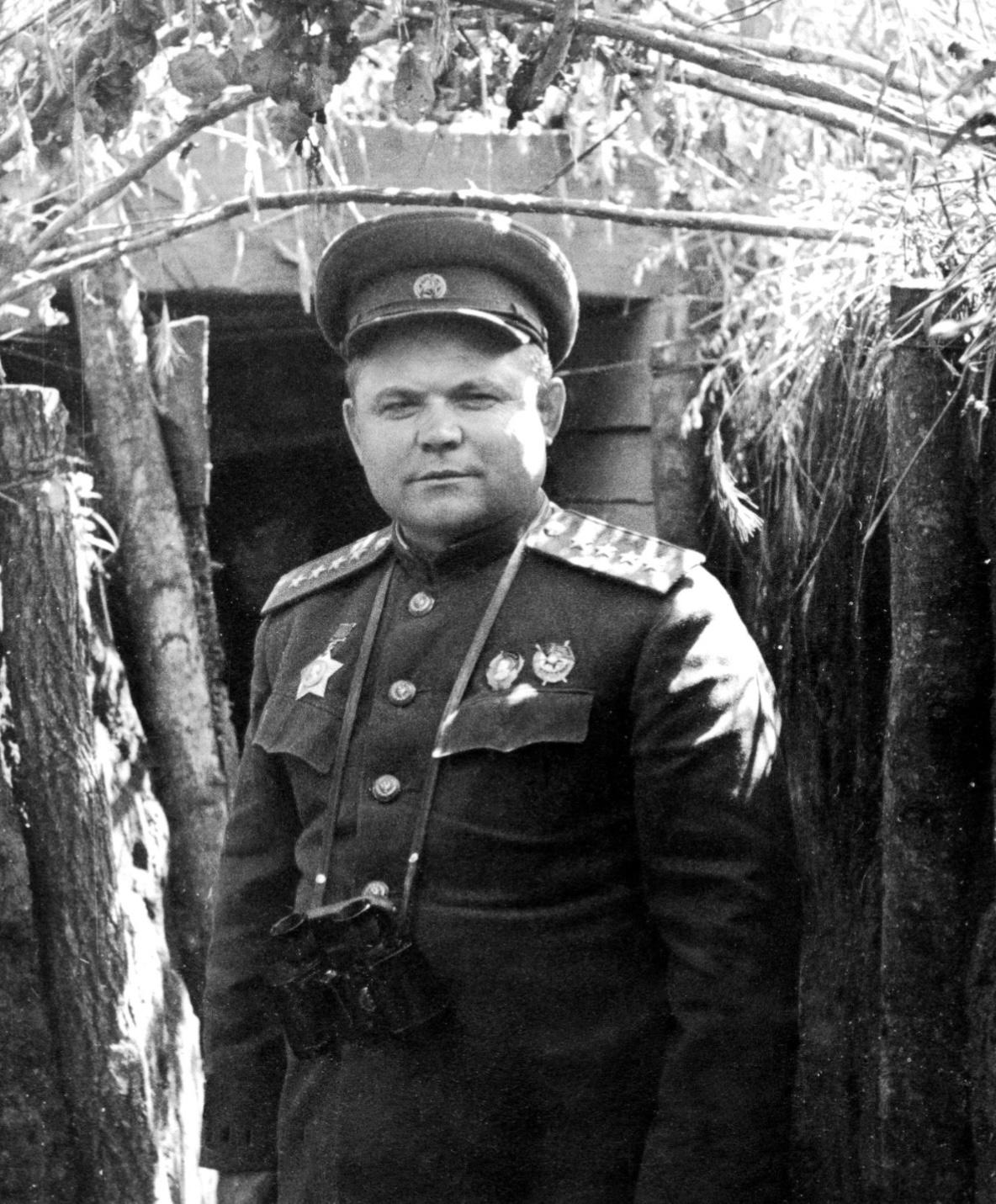
General Nikolai Vatutin
nikolai fyodorovich vatutin was born on the 16th of december 1901 in the small village of chepuhino in voronezh province, then part of the russian empire. his background was rural and poor and like millions of others in that era he came from a farming family under difficult circumstances. this origin mattered because the early soviet state often pulled men exactly like him into education and service. vatutin joined the red army in 1920 at only 18 years old during the civil war, and that decision aligned him with the new state’s military machine at the moment it was forming. he was smart, methodical, and studied hard. he went to the frunze military academy and later the general staff academy, which were gateways reserved for the most promising officers. that academic trajectory was exactly how men rose in the soviet system: merit mixed with political trustworthiness.
by the 1930s vatutin had become one of the young technocratic commanders obsessed with modern warfare doctrine. he was not an old cavalry romantic, he was known for believing in armor, deep operations, mechanization, and combined arms theory. when the second world war exploded on the eastern front in 1941 he already held high staff responsibilities and his stock rose fast. he became chief of staff of the northwestern front and later the southwestern front. he developed a reputation for speed, offensive spirit, and willingness to take large risks to achieve breakthrough. vatutin played major roles in some of the most decisive soviet campaigns. he was heavily involved in planning and directing operations in the stalingrad campaign, and then later he commanded the voronezh front at kursk in the summer of 1943. at kursk, vatutin’s forces on the southern sector absorbed the main hammer blow of manstein’s attack and stopped the german panzer thrust cold, which was a turning point of the european war. after that, he drove the offensive west across ukraine, liberating kharkov and pushing over the dnepr river. in a strict professional military sense he was one of the most successful soviet front commanders of the war and one of the clearest embodiments of soviet deep battle theory in practice.
his end was tragic and abrupt. in february 1944, while traveling near rivne in western ukraine, vatutin’s car column was ambushed by ukrainian insurgent army partisans. he was wounded badly. the soviet medical system at the front was thin, infection set in, and despite efforts to save him he died of blood poisoning on 15 april 1944 at only 42 years old. had he lived through the war he would almost certainly have been one of the dominant military figures of the postwar soviet establishment. instead he became a fallen wartime hero. the soviet union honored him with burials, monuments, and city renamings, and historians remember him as a product of the soviet educational and military reforms of the interwar years, a commander who combined modern doctrine, personal energy, and ruthless operational determination. his career was short but it intersected with the most decisive battles of world war two on the eastern front, which is why his influence outlasted his own life.

